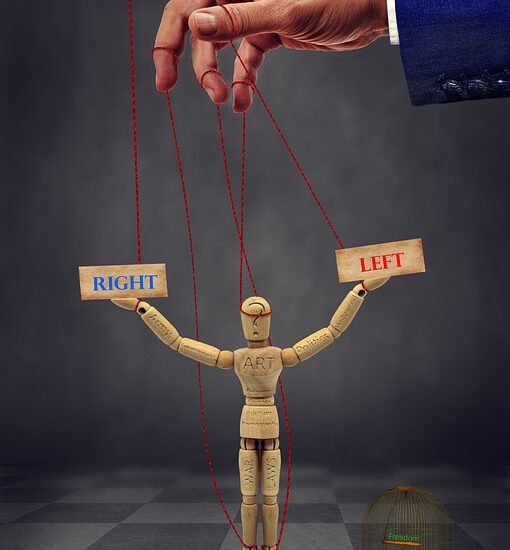
Gender Dynamics in Kurdish Political Movements
Introduction
Gender dynamics in Kurdish political movements have long been a complex and multifaceted issue. The Kurdish people, who are spread across several countries in the Middle East, have a rich history of political activism and struggle for autonomy. However, the traditional patriarchal values and structures within Kurdish society have often hindered the full participation of women in political processes.
Historical Context
The Kurdish people have a long history of political struggle, dating back to the early 20th century. The Kurdish nationalist movement has been fighting for greater autonomy and recognition of their cultural and political rights. However, throughout this struggle, women have often been marginalized and excluded from decision-making processes within the movement.
Traditional Gender Roles
The Kurdish society, like many others in the Middle East, is deeply patriarchal. Men are seen as the breadwinners and heads of the household, while women are expected to stay at home and take care of the family. This traditional gender role has meant that women have often been excluded from political participation and leadership roles within the Kurdish movement.
Challenges Faced by Women
Women in Kurdish political movements face numerous challenges, both from within the movement and from society at large. The patriarchal nature of Kurdish society means that women are often seen as inferior to men, and their voices are not given the same weight in decision-making processes. In addition, women who do choose to become politically active often face discrimination and violence from both state authorities and conservative elements within their own communities.
Efforts for Gender Inclusion
Despite these challenges, there have been efforts within Kurdish political movements to promote gender equality and inclusion. Organizations such as the Kurdistan Women’s Union (KWU) have been established to advocate for women’s rights and to increase women’s participation in political processes. In addition, many Kurdish political parties have started to include more women in leadership positions and to promote women’s issues within their platforms.
Quota Systems
One common strategy to promote gender inclusion within Kurdish political movements has been the implementation of quota systems. Quotas are a form of affirmative action that requires a certain percentage of political positions to be filled by women. While quotas can be controversial and sometimes seen as tokenistic, they have been effective in increasing women’s representation in Kurdish politics.
Women’s Activism
Women in Kurdish political movements have also been active in organizing grassroots campaigns and protests to demand their rights. Women’s organizations such as the Kongra Star have been instrumental in raising awareness about women’s issues and advocating for gender equality within the Kurdish movement. These grassroots efforts have been crucial in pushing the movement towards greater gender inclusivity.
Challenges and Opportunities
While there have been some strides towards gender equality within Kurdish political movements, many challenges remain. The deeply ingrained patriarchal values within Kurdish society continue to hold women back from fully participating in political processes. In addition, the ongoing conflict and instability in the region have made it difficult for women to have their voices heard and their rights recognized.
Opportunities for Change
Despite these challenges, there are also opportunities for change within Kurdish political movements. The growing awareness of women’s rights and the increasing presence of women in leadership positions have started to shift the dynamics within the movement. By continuing to promote women’s empowerment and inclusivity, Kurdish political movements can become more representative and effective in their struggle for autonomy.
International Support
International organizations and governments can also play a role in promoting gender equality within Kurdish political movements. By providing support and resources to women’s organizations and advocating for women’s rights in the region, the international community can help to amplify the voices of Kurdish women and push for greater gender inclusivity within the movement.
Conclusion
Gender dynamics in Kurdish political movements are a complex and multifaceted issue, shaped by traditional patriarchal values, social norms, and the ongoing conflict in the region. While women in Kurdish society continue to face numerous challenges in their political participation, there are also opportunities for change and progress. By promoting gender inclusivity, empowering women’s voices, and advocating for women’s rights, Kurdish political movements can become more representative and effective in their struggle for autonomy.
Leave a Reply